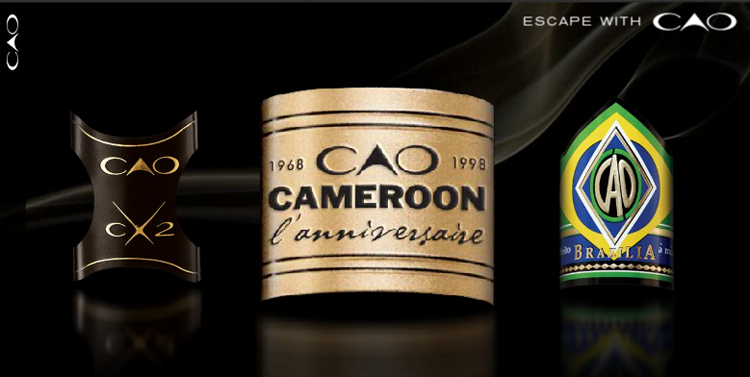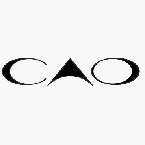Cigars - C.A.O Cigars

 |
C.A.O. made a first attempt at the cigar business, in 1980, with a brand called Casa de Manuel. “We learned everything not to do,” says Cano. Consistency problems compounded the difficulties of a dying market, and Cano retreated to pipes and the company’s fledgling humidor business. |
C.A.O.’s first humidors were antique boxes that the company retrofitted with humidification devices, and later it had humidors made specifically for C.A.O. by local Nashville artisans. The company even had its own humidification system. In 1995, C.A.O. began to sell cigars again, a Honduran smoke made by Nestor Plasencia called simply C.A.O.
C.A.O Cigars |
C.A.O. added cigar brands through the years, and eventually expanded its coterie of cigar companies that made its brands: the Toraño family began making C.A.O. Brazilias in Honduras and La Aurora started creating the flavored cigars in the Dominican Republic. |
In 2003, the Ozgeners made the shift from mere marketer to cigarmaker, buying two cigar factories in Central America, one in Estelí, Nicaragua, and one in Danlí, Honduras, to give it more control over the production of its cigars. (The term cigar factory is loosely applied here - each C.A.O. factory is inside a building that also contains a cigar factory owned by the Toraño family. In Nicaragua, the dividing line is invisible, about halfway through the rollers’ gallery. In Honduras, C.A.O. workers sit on one side of the building, Toraño workers on the other.)
The shift gave C.A.O. more control over its tobacco supply and quality control, as well as improving margins by cutting out a middleman. Soon after the move was made, C.A.O. switched production of its maduro brand from Tabacalera Perdomo to C.A.O. Fabricas de Tabacos in Nicaragua.
The production of the C.A.O. and Toraño factories on both sides of the border is managed by Fidel Olivas, 49, and three of his six sons. Most cigar factory managers are Cuban; Olivas is Nicaraguan. “Fidel’s goal is to be known as one of the great Nicaraguan cigar men,” says Charlie Toraño, Tim’s counterpart from the Toraño family. Olivas buys tobacco for Toraño and C.A.O., and the close working relationship between the midsized cigar companies allows them to get better prices on tobacco. “If we come across some great tobacco, we can buy it together,” says Tim. “It gives us more buying power.” His father seems slightly obsessed with establishing solid tobacco inventories. “You have to have a supply that can last you at least two years,” says Cano. Tim says he often catches Cano watching The Weather Channel, worrying about damage to planted crops. “ ‘Who cares about the Midwest?’ ” says Tim, doing another Cano impersonation. “ ‘What about Ecuador?’
